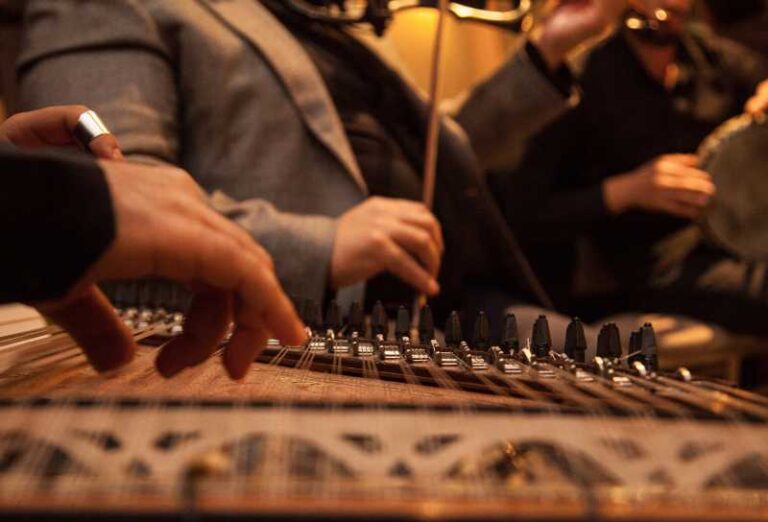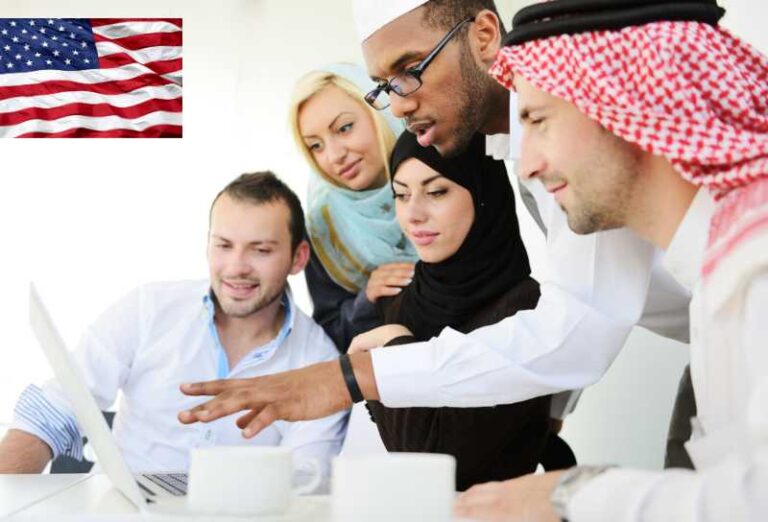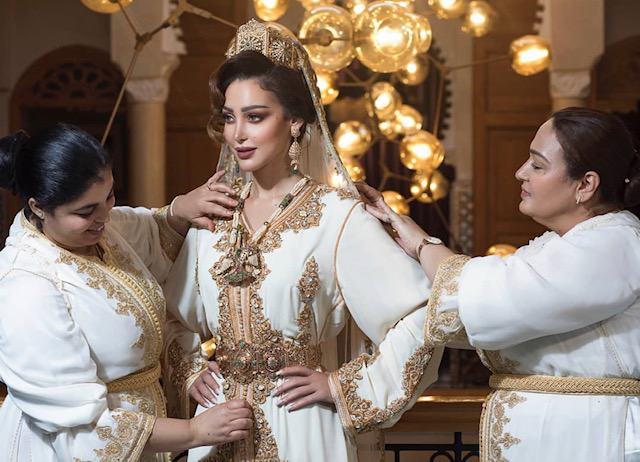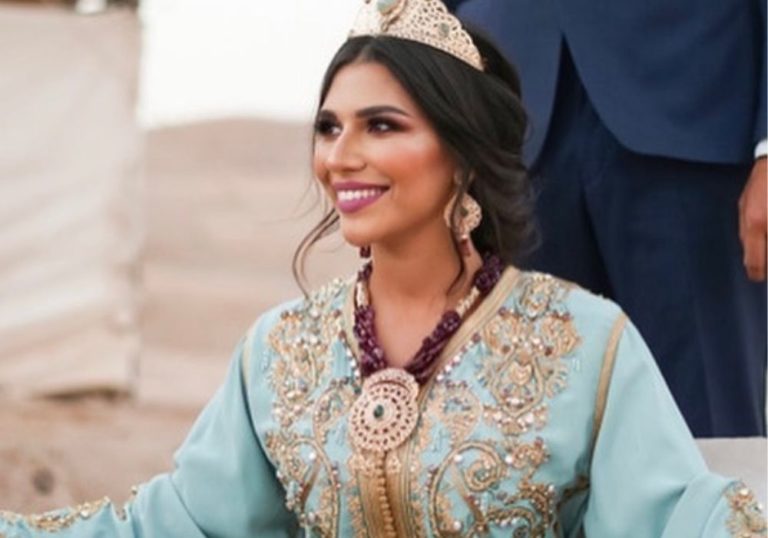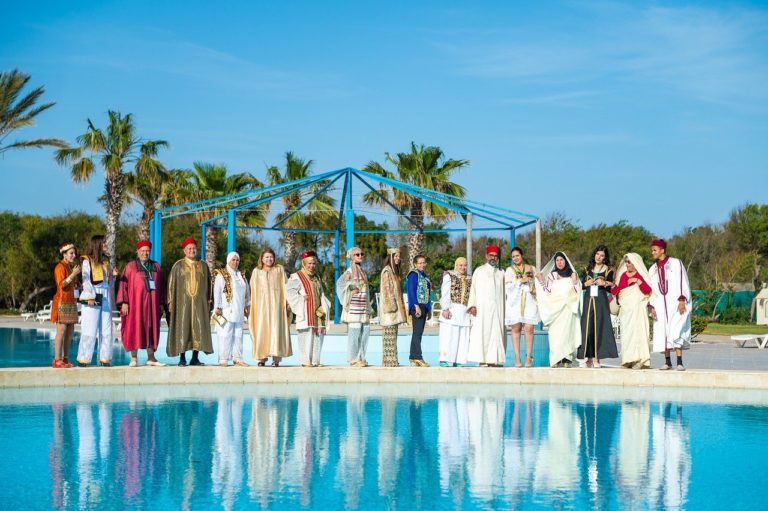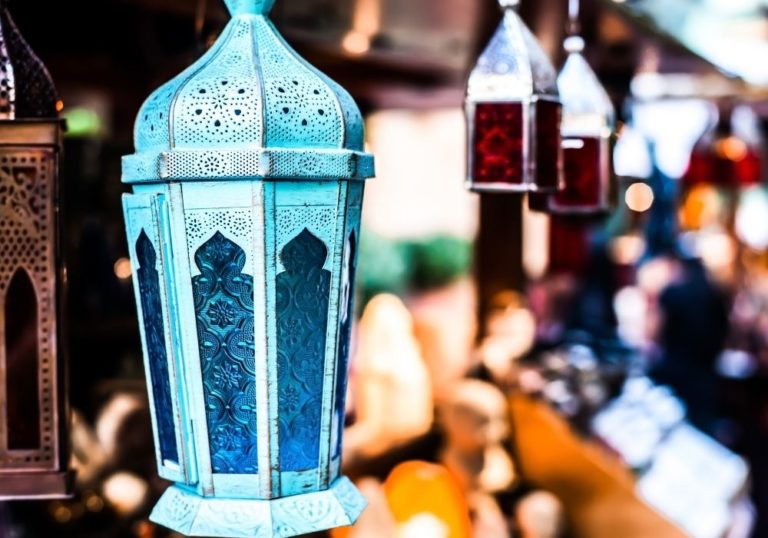Ramadan 2023: A Guide to the Muslim Holy Month
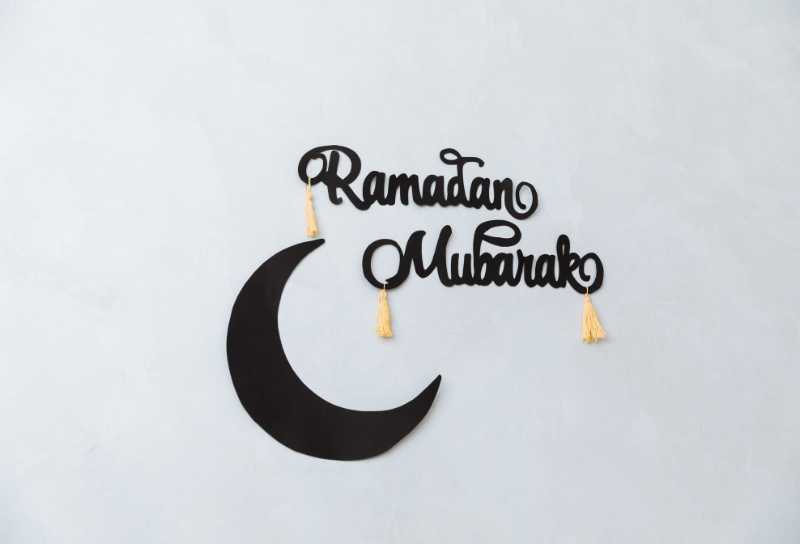
For all Muslims around the world, Ramadan holds great importance as it is a significant and holy month. It is the ninth month of the Islamic calendar, observed with fasting, prayer, and reflection.
Please note that the dates for Ramadan can vary each year based on moon sighting. In 2024, Ramadan is expected to begin in the United States of America on March 21st and continue through April 9th, but it’s essential to verify these dates with your local Islamic authority.
This article will discuss what Ramadan means to Muslims, how it is practiced, and the traditions associated with it.
Table of Contents
The Significance of Ramadan
Fasting during Ramadan is one of the five pillars of Islam, along with the declaration of faith, pilgrimage to Mecca, prayer, and mandatory charity.
The month of Ramadan is significant because it is believed that during this time, the archangel Gabriel appeared to the Prophet Muhammad(pbuh) to reveal the Quran to him. This event is known as the “Night of Destiny” (Laylat al-Qadr).
The Observance of Ramadan
Ramadan is observed with fasting, which means Muslims who have reached puberty and are physically capable, must refrain from food, water, and other physical needs from dawn until dusk.
The practice of fasting is intended to promote spirituality, reflection, and self-control. Muslims focus on their faith, improve their character, and engage in charitable acts.
During the final 10 days of Ramadan, Muslims observe the holiest night known as Laylat al-Qadr.
Exemptions from Fasting
There are several reasons for exemption from fasting, including fragile health, a grueling journey, pregnancy or breastfeeding, and women’s menstrual periods.
When a person cannot fast for any of these reasons, they can either make up the missed days later or compensate for them by preparing meals for the poor.
Traditions During Ramadan
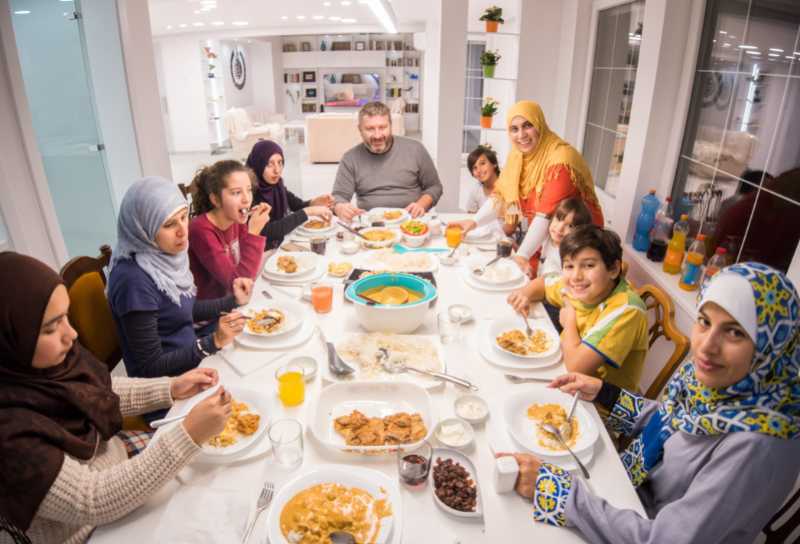
Ramadan is a time for family, community, and charitable acts. Muslims break their fast at sunset and gather for iftar, the meal that breaks the fast.
It is often celebrated with friends and family, and some people open their homes to neighbors and strangers to share the meal.
Another tradition during Ramadan is the Tarawih prayer, which is performed after the evening prayer and consists of 20 rak’ahs (cycles) of prayer.
Eid al-Fitr
Eid al-Fitr, which means “festival of breaking the fast” when translated from Arabic, marks the end of Ramadan.
While the ways in which Eid al-Fitr is celebrated may vary from country to country, there are certain customs that are commonly observed.
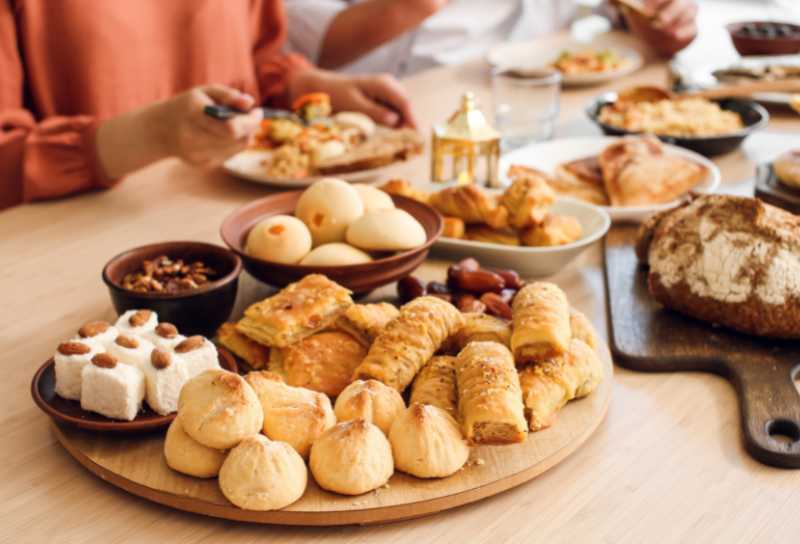
These include spending quality time with family and friends, giving and receiving gifts, making charitable donations(zakat) to help those in need, and savoring traditional foods and festive feasts.
It’s a time of happiness and togetherness, as people celebrate the end of month-long period of spiritual reflection and self-discipline.
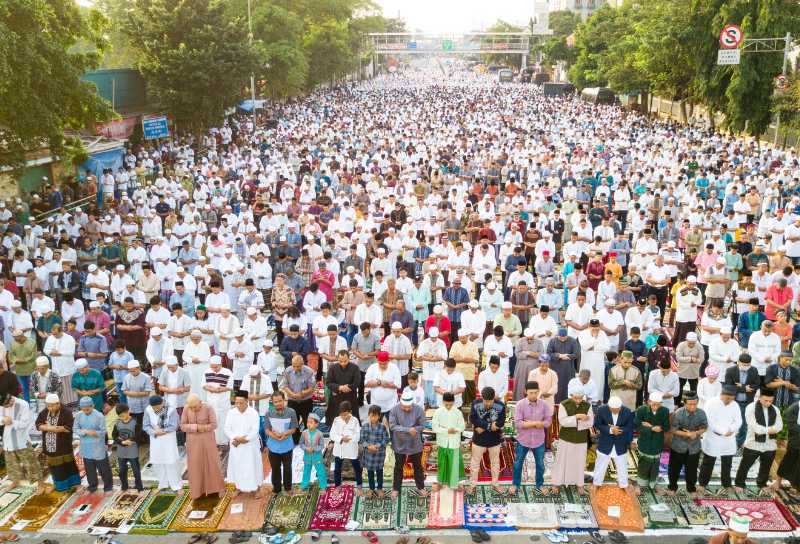
Conclusion
Ramadan is a time of spiritual reflection and growth for Muslims all over the world. Its observance is mandatory for all adult Muslims who are physically able to do so.
During this time, Muslims fast from dawn until dusk, engage in charitable acts, prayer, and reflection.
The conclusion of Ramadan is marked with a major celebration known as Eid al-Fitr (or Eid ul-Fitr),
Frequently Asked Questions
Q: When does Ramadan typically occur?
A: Ramadan is observed during the ninth month of the Islamic calendar, which is based on the lunar cycle.
The reason why the date of Ramadan varies each year is because the lunar calendar shifts approximately 11 days earlier every year.
Q: What is Laylat al-Qadr?
A. Laylat al-Qadr, also known as the “Night of Power,” is the holiest night of Ramadan for Muslims worldwide.
It occurs during the last 10 days of the month. It is be believed, Quran was revealed to the Prophet Muhammad (peace be upon him) in Laylat al-Qadr .
Although the exact night is not specified , It is believed to occur during the odd-numbered nights of the last ten days of Ramadan, which are considered better than a thousand months according to the Quran.
Q: What is Eid al-Fitr?
A: Ramadan ends with Eid al-Fitr, which means “festival of breaking the fast” when translated from Arabic.
Eid al-Fitr celebrations vary from country to country, but some include spending time with family and friends, giving gifts, giving to the less fortunate, and enjoying feasts and traditional food.
Q: Who is required to fast during Ramadan?
A: Muslims who have reached puberty and who are physically capable are required to fast from dawn until sunset and abstain from liquids, food, sexual activities (couples are allowed to engage at night once the fast is broken), negative thoughts, and bad intentions.
Q: Are there any other significant events during Ramadan?
A: In addition to Laylat al-Qadr, the holiest night of Ramadan, the last 10 days of Ramadan are especially important for Muslims as they spend more time reading the Quran, praying, and reflecting on their faith.
Muslims are encouraged to participate in acts of generosity and kindness during Ramadan.

